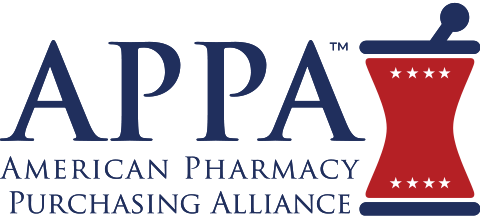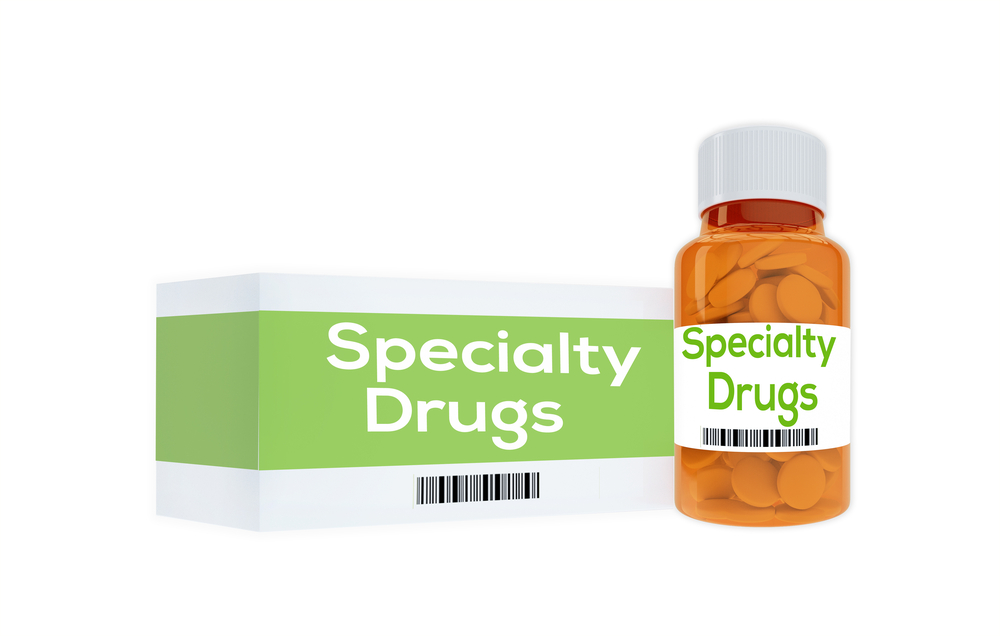How many times has a patient presented to you a prescription for a “specialty medication” that you are unable to fill? It could be that you are not able to order the medication from your wholesaler. Or worse, the patient’s insurance is mandating a specific pharmacy different than yours. It can be frustrating when a current or prospective customer is coming to you, the pharmacist, for a solution to their chronic and sometimes rare, condition.
There is no finite definition for what qualifies as a “specialty medication“. In general, specialty medications are used to treat chronic or complex conditions and usually require special handling or administration and close monitoring of the patient. Sometimes, these prescription medications are indicated for rare diseases, which means that the disease affects less than 10,000 people. And they are therefore given “orphan drug status” under the Orphan Drug Act of 1983. This Act allows for fast-track FDA approval for drugs intended to treat these rare diseases due to limited therapies available on the market. Obtaining fast-track approval allows the medicine to be available as quickly as possible to the patients that need it the most. This also means that the medication does not have to go through as many lengthy clinical studies as the “more” traditional therapies. Often, as a stipulation of being given fast-track approval status, the FDA may require additional aftermarket studies to be completed, meaning that the drug is available to be prescribed but the patients taking the medicine are monitored for safety and efficacy of the therapy. This is referred to as a Phase IV clinical trial. Any pharmacy that dispenses one of these drugs must understand this process and accommodate the patient and drug manufacturer for any required documentation or data.
Some specialty drug manufacturers may limit the number of pharmacies who have access to order their medication. These are deemed “Limited Distribution Drugs,” or LDDs for short. When attempting to order one of these medications from your wholesaler, you may notice that the drug’s name is not listed in the system. Or it may take you straight to a screen that reads, “due to manufacturer limitations, this product is only available through a limited distribution network” and to contact the manufacturer directly. This can be very disheartening for a pharmacist or pharmacy owner.
Upon calling the manufacturer, you may find out that in order to gain access to this drug, there are many rigorous requirements to meet first. It is also worth mentioning that all manufacturers are different and have different specifications that must be met. Many require weekly data reports so it would be prudent to know if your pharmacy’s dispensing software can accommodate customized and automatic reports. The manufacturer may also request proof that you, as the pharmacy, have a way to monitor the patient for adherence and therapy response. A common theme among these manufacturers is some sort of “specialty accreditation”. This is often the first step to becoming a Specialty Pharmacy.
Achieving accreditation proves a commitment to quality and standards that are becoming the norm in the specialty space. Accrediting bodies such as the Accreditation Commission for Health Care (ACHC) and the Utilization Review Accreditation Commission (URAC) are arguably the most reputable in the field. Both sets of standards set the stage for core activities such as:
o Patient Care
o Coordination of Care and/or Delegation
o Information Management
o Compliance Program
o Quality Management and Continuous Quality Improvement, etc.
Accreditation is strongly recommended but could become mandatory by payers in the near future in order to ascertain preferred contracts for reimbursement purposes. This means extra revenue for your pharmacy by adding a specialty line of business. The entire process can take up to six months to a year for full accreditation and can be very arduous and labor intensive.
If all of this is intimidating to you, just know that you are not alone. The key is to connect with a professional who has been through the process. Ideally, they should have been able to achieve and has maintained accreditation for some time. Embarking on a project like this size could be overwhelming and a competent expert can guide you through the process.
There are many resources available though, if you choose to take on a project independently. However, there is a lot of competition out there in specialty pharmacy but accreditation can set you apart from others. Visit www.ACHC.org or www.URAC.org to learn more about the various programs in accreditation.
We recommend using CSI Specialty Group for all of your specialty pharmacy consulting needs. Click Here

